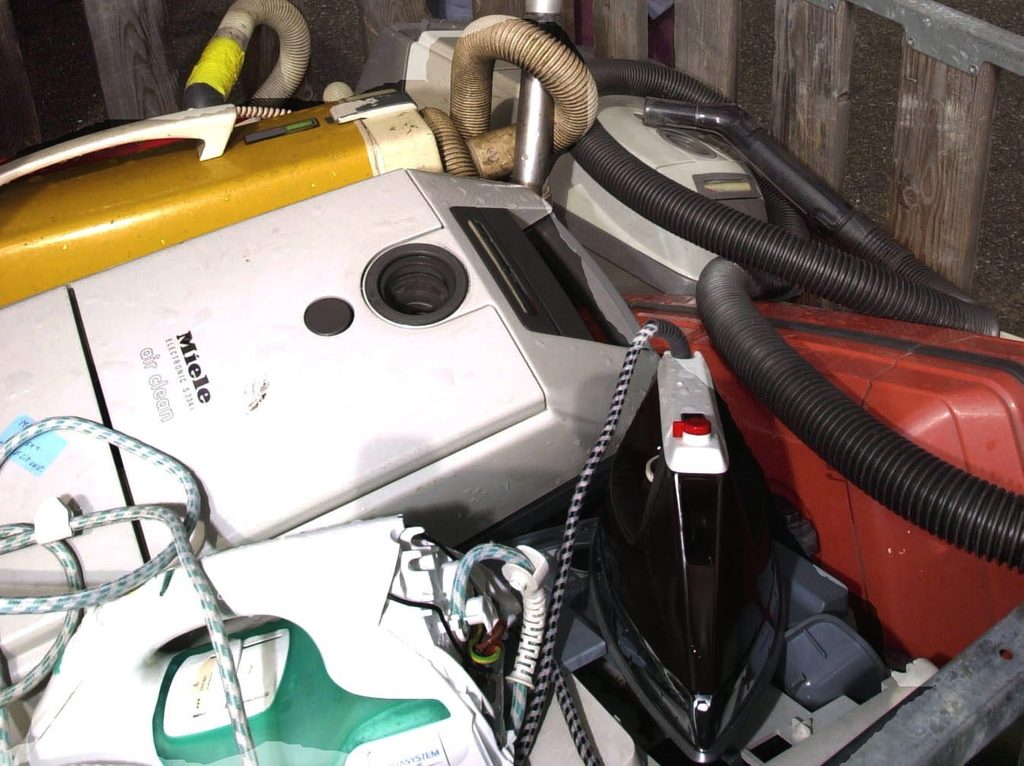Frustrations about a malfunctioning household appliances, that should typically require a straightforward repair (if only we could find the parts), is an issue that many of us have felt. And yet with these items becoming more modular and cheaper, the most cost-effective answer is often simply to purchase a new one.
Whilst many of us resort to looking for a recycling or dumping point rather than attempting repairs, a new repairability index for a range of household appliances has made it through the preliminary stages of adoption by Belgium’s Council of Ministers. If fully approved, it will serve as an guide to consumers so that they can see how easily products can be repaired.
The initiative would respond to the demands of exasperated consumers tired of discarding items and would address the widespread disenchantment with the modern world's throwaway culture.
UK study finds consumers and repair shops cannot find parts. #righttorepair will address that problem. https://t.co/WYfbSPeOW3
— Right to Repair (@RepairCoalition) May 30, 2023
Not just a Belgian frustration, concerns about being unable to repair products are felt across Europe.
In Belgium, fixing broken electrical items is complicated and depends largely on the manufacturer; if parts have been used that are not made widely available the consumer is often left with no option but to replace the product entirely. Meanwhile, the facility of recycling electric waste is underdeveloped and many European countries illegally export toxic electronic waste to developing countries.
According to an RTBF report on the index, several criteria will be taken into account for this purpose including ease of dismantling, availability of technical information and spare parts, delivery times, and the price of spare parts.
Related News
- Circular economy: New rules put the EU at the forefront of sustainability
- Right to repair: EU wants to make it easier to fix household appliances
The index will cover appliances such as washing machines, dishwashers, vacuum cleaners, pressure washers, lawnmowers, televisions and laptops. A repairability index for bicycles is also being studied.
Should this law be adopted, Belgium would become only the second European country to have a repairability index, after France introduced a similar one in January 2021. The two systems will also be compatible since the criteria used by Belgian law are the same as those provided for by French law. The entry into force is scheduled for 2026. The text must now be adopted by the Federal Parliament.

